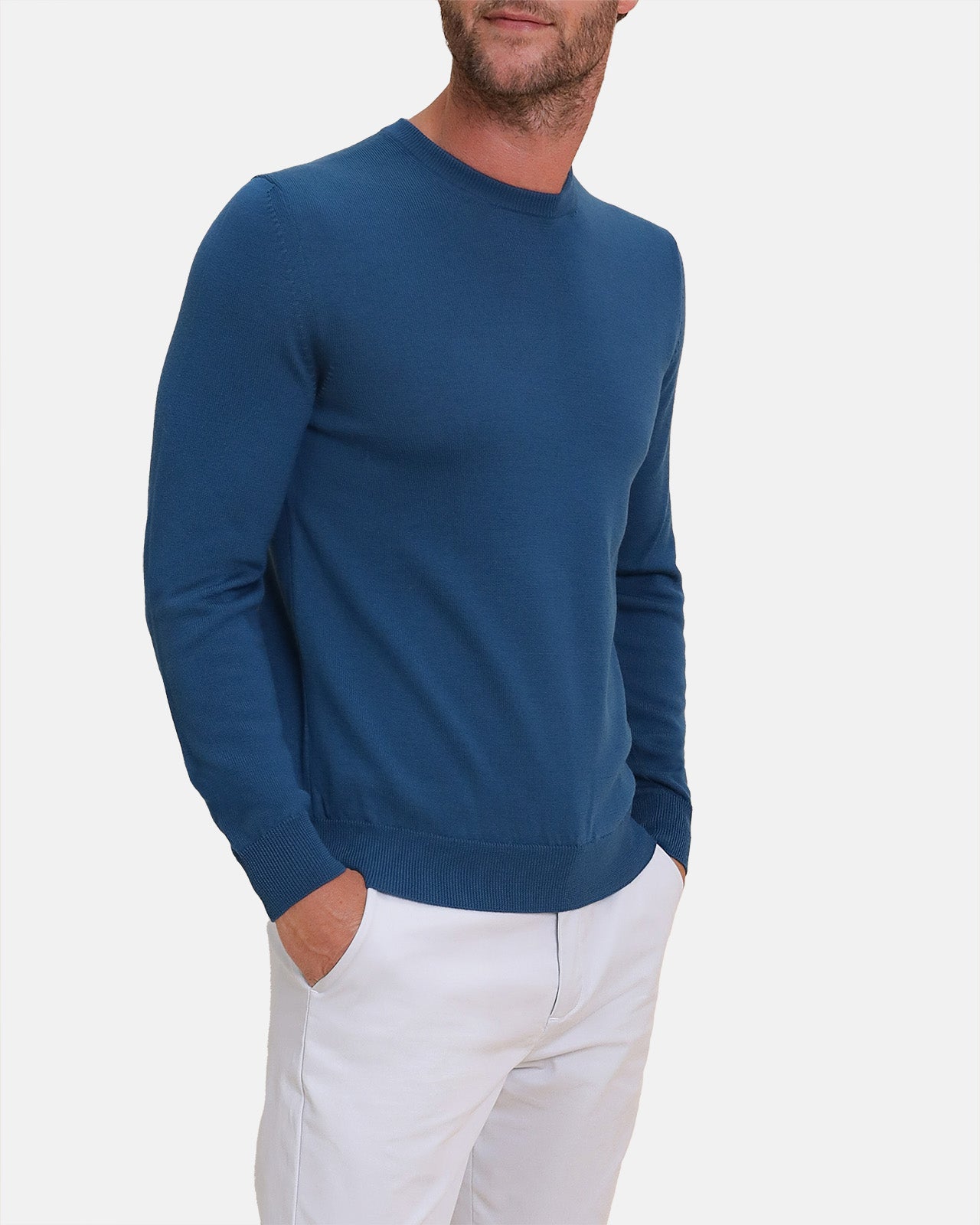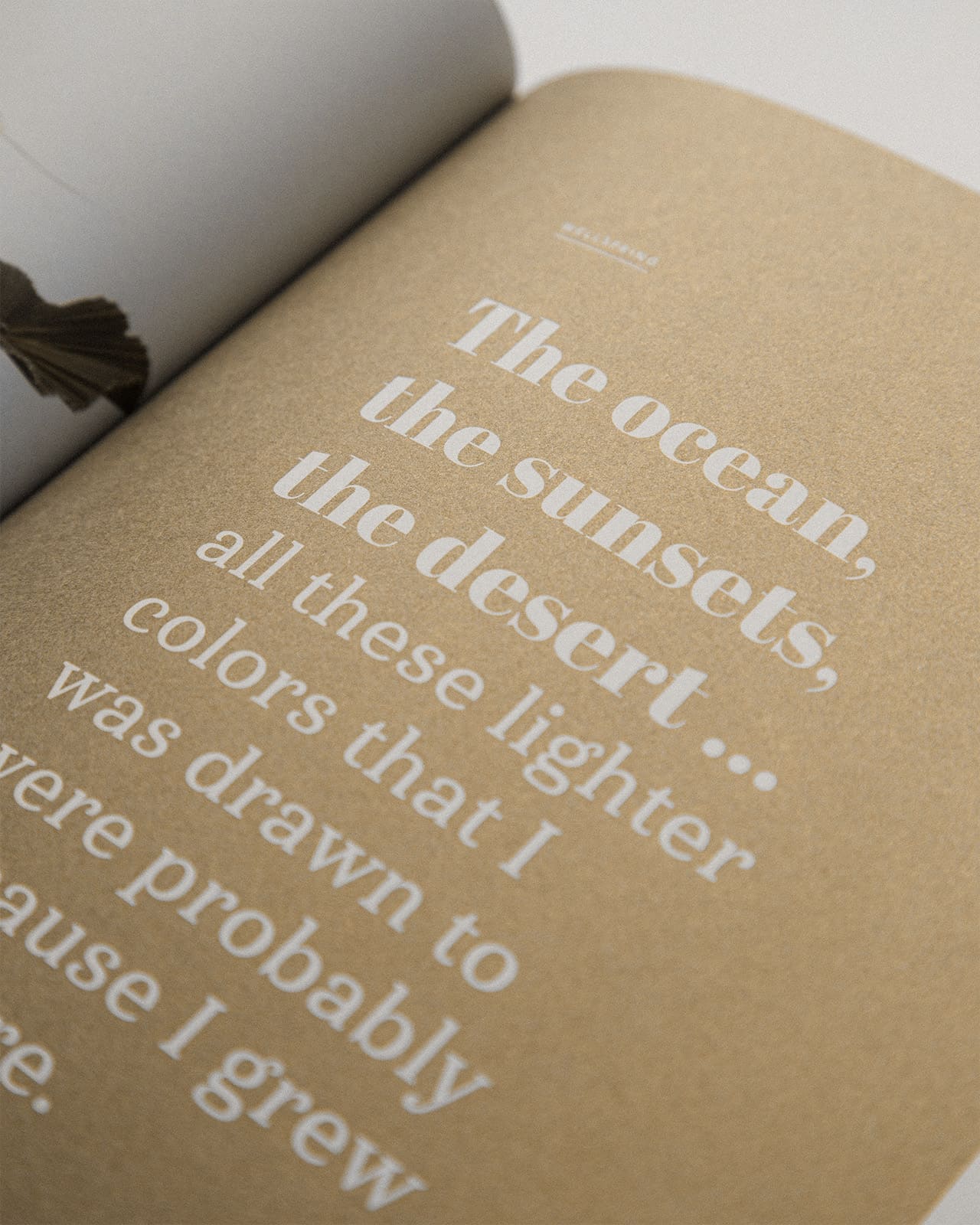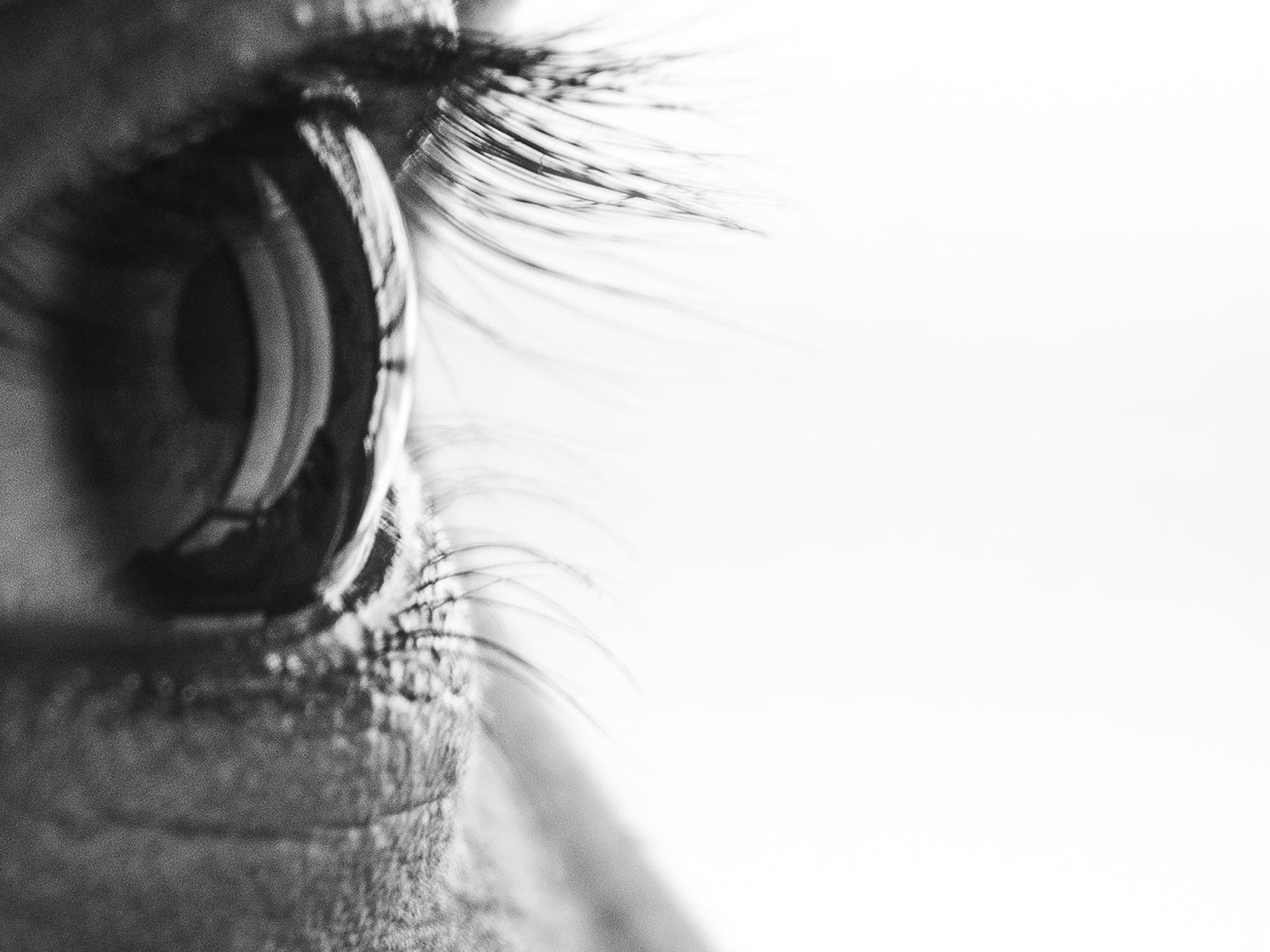The story of human progress is remarkable. We've developed sophisticated technologies, extended life expectancy, and even ventured into space. Yet this progress comes at a cost. Our current rate of resource consumption threatens the very systems that sustain us. Despite our ability to measure environmental decline through advanced scientific methods, we struggle to act decisively.
The challenge is clear: we must elevate our decision-making beyond short-term economic gains. This requires a fundamental shift in how businesses operate and how they measure success. At Wide Open World, we're implementing this change through transparent practices and measurable commitments to sustainability with our adoption of APres, the first business model in the world grounded in absolute sustainability science.
We recognise that discussion alone won't drive change. Our focus is on concrete actions that demonstrate a new model for luxury fashion—one that prioritises environmental balance over volume production. We call this Restore Balance™.


















